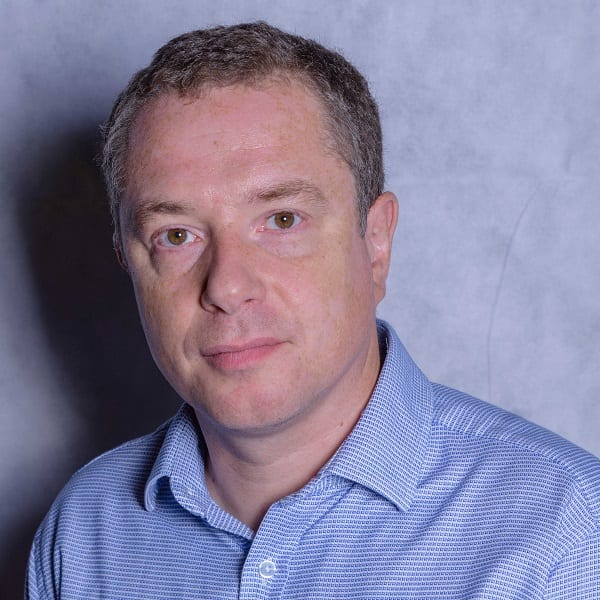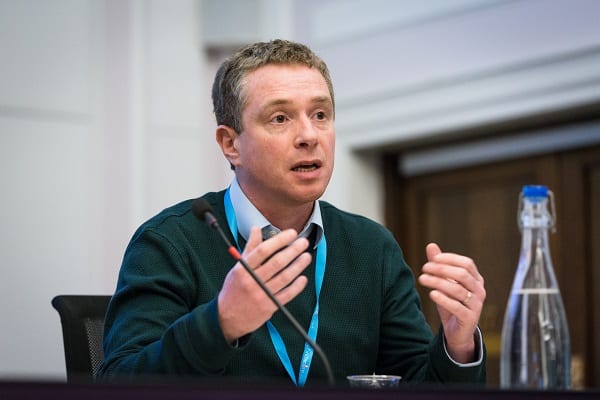In today’s blog is another opportunity to hear directly from the CEO and Chair of the AKU Society, Nick Sireau about a successful but challenging year.

2020 has been a big year for AKU. On the one hand, we’ve had huge successes, particularly the positive opinion from the European Medicines Agency (EMA) last month for the use of nitisinone for AKU. On the other hand, it’s also been a challenging year due to the COVID- 19 pandemic.
The EMAs decisions is the culmination of 17 years of work on behalf of the AKU Society. When we set up the charity in 2003, our vision was to have an effective treatment for AKU patients. Nitisinone was already being talked about as this treatment, yet clinical trials in the US a few years later were to fail despite patients on the drug telling us that they felt it was working.
That’s why in 2010 we launched a major programme to rescue nitisinone and show beyond any doubt that it did work for AKU. This was a big challenge: we calculated that we’d need to recruit half the known AKU population in Europe in order to reach statistical significance.
This was a tall order, and we spent most of 2012 travelling around Europe meeting with local patients and telling them about the upcoming trials of nitisinone for AKU. We even went to Jordan, in the Middle East, where a supportive doctor called Mohammed Al Sbou had set up a Jordanian AKU Society, in order to encourage them to participate too.
Photo: Findacure/ Barbara Asboth Photography.
The next eight years were hard work. We set up a consortium of 13 organisations (hospitals, universities, AKU patient groups, a pharma company and a biotech company). We organised weekly teleconferences with all members of the consortium – under the leadership of Prof Ranganath – to make sure everyone was always on the same page.
Yet it was also a highly encouraging time. AKU patients showed resilience and dedication and kept on turning up for visits at the clinical trial centres in Liverpool, Paris and Piestany (Slovakia) despite many of them suffering from their illness. The consortium stuck together and worked efficiently. And our funders – the European Commission – were always supportive.
That’s why the positive opinion from the EMA is such good news. It means we at last have an official treatment for AKU. All the work of the past 17 years has been worthwhile. Thank you to everyone who was involved in making this a success.
The COVID-19 pandemic has also made this a hard year. While AKU does not predispose to worse COVID symptoms, many of our patients do have other conditions that mean they need to shield from the virus.
Furthermore, we’ve had to temporarily close the National AKU Centre (NAC) at the Royal Liverpool University Hospital for most of the past seven months. The decision was made to shut it in March as the lockdown hit the UK. It opened for two weeks in September, during which 10 AKU patients visited. Then a new lockdown hit Liverpool in October, so the NAC is closed again until the situation gets better.
Nevertheless, AKU patients can still rely on the NAC and AKU Society staff for support. The NAC is looking at doing virtual consultations for patients who have not attended.
And the AKU Society has just received a grant from the National Lottery to put in place a counselling service for the next six months for AKU patients who are feeling the strain. Please do get in touch if you’d like to find out more.
From our point of view, the journey is far from over. We now need to make sure AKU patients across Europe and around the world can have access to nitisinone. It will take time, but we believe we definitely can do it!

